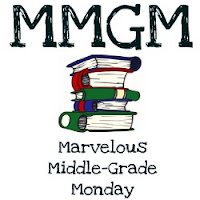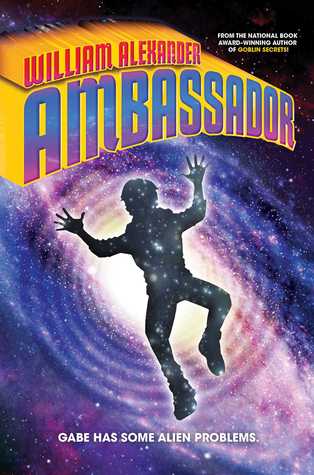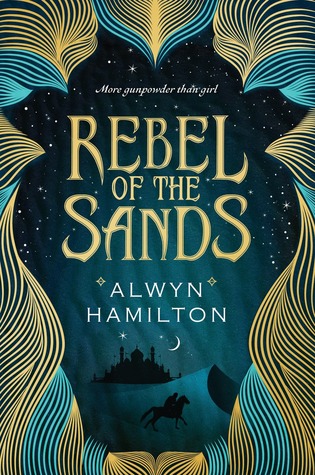But the best science fiction uses these cool ideas to say important things about who we are: what makes us human; what we get right sometimes; what we're getting very, very wrong.
William Alexander has written the best kind of science fiction in this duology. I hope they end up getting lots of attention, because they deserve to become well-loved classics.
When I finished Ambassador, my first thought was, "this is a lovely, lovely book," and that's not an adjective I expected to use on a book with that kind of cover, about aliens shooting laser guns from scorpion-like spaceships. The spaceships are pretty awesome, but—true to the title—the book is actually about diplomacy—about the possibility for people completely alien to one another to communicate and find common ground.
Cool idea #1: Ambassadors are all children, because the young of any species are most flexible and willing to adapt to new circumstances, and interacting with aliens takes a lot of flexibility. (I knew this when I was a kid: I was quite certain that if aliens landed in my backyard, I'd be the perfect person to deal with them!)
Awesome quote: "Juveniles have not yet fixed the boundaries of their social world. They haven't drawn a circle around those worth talking to."
Cool idea #2: It would be pretty hard for aliens to communicate with each other over the fast distances in the galaxy if there wasn't such a thing as entanglement—which I won't try to explain, but if you've read a sci fi book with an ansible in it, you know the principle. In this book's universe it's possible to entangle your perceptions so you can perceive two locations at the same time, even if you're not physically present.
Awesome quote:
"Did that make sense to you?" the Envoy asked.
"It sounded like it make sense," Gabe said carefully. "I'd like to just pretend that it did and move on. Maybe it'll sink in later."
Cool idea #3: The Envoy (awesome character!) builds an entangling device out of the washer and dryer in Gabe's basement.
Awesome quote:
"You can make a black hole in the dryer?"
"Yes," said the Envoy. "Please do not stand too close to it."
"Can I throw something at it and watch what happens?" Gabe asked.
"No," said the Envoy. "It will be very precisely calibrated."
"Not even little scraps of paper or balls of dryer lint or something like that?"I could fill several blog posts will cool ideas and awesome quotes, but you should just go read the book. I hope you noticed that it's also a very funny book, mostly because of Gabe.
I love Gabe, love the way he perceives the world, love his interactions with his family, love the way he handles all the sudden things thrown at him. I love all the characters: Alexander has a way of conveying everyone's essence in a very few interactions so that you instantly understand and therefore care about them.
 Alexander is just a really really good writer. I savoured his sentences, his characters, his metaphors, his plot.
Alexander is just a really really good writer. I savoured his sentences, his characters, his metaphors, his plot.And Nomad is even better. (I don't have to tell you to read Nomad, because as soon as you get to the end of Ambassador you'll be clamouring for it. It's one of the better cliff-hanger endings out there.)(In fact, make sure Nomad is available before you finish Ambassador!) The plot gets even more fraught and perilous; there are more awesome characters and new cool ideas; it's just as funny and profound, often at the same time. (I think those are my favourite kinds of books: funny and profound. Truth that makes you smile in recognition.)
Have I mentioned that these are really, really good books? For a food metaphor I should go with something Mexican, for Gabe . . . I don't know how authentic it is, but sweet potato black bean soup is pretty nummy and hearty and nourishing, with a bit of heat but a nice sweetness. Just like these books!

So many Marvelous Middle-Grade books out there, and every Monday you can read about more of them on Shannon Messenger's blog.




